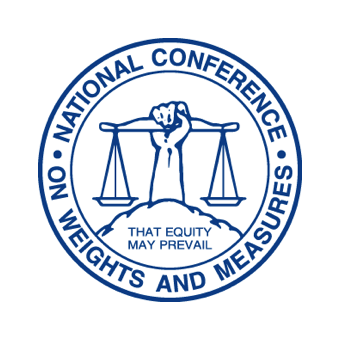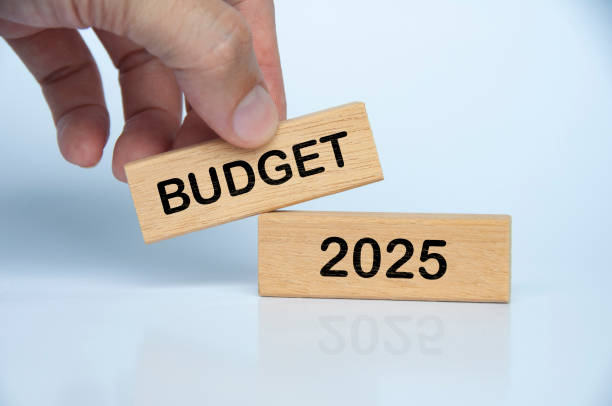NPGA Achieves Significant Victory with NCWM
The National Propane Gas Association (NPGA) recently secured a notable victory with the National Conference on Weights and Measures (NCWM). This success underscores NPGA’s commitment to advocating for the propane industry’s interests and ensuring fair regulatory practices. Key Achievement The NPGA’s latest achievement involves a successful proposal to the NCWM, aimed at improving the standards… Continue reading NPGA Achieves Significant Victory with NCWM
The National Propane Gas Association (NPGA) recently secured a notable victory with the National Conference on Weights and Measures (NCWM). This success underscores NPGA’s commitment to advocating for the propane industry’s interests and ensuring fair regulatory practices.
Key Achievement
The NPGA’s latest achievement involves a successful proposal to the NCWM, aimed at improving the standards and practices surrounding propane measurement. This proposal addresses critical issues that have long affected the industry, including measurement accuracy and consistency.
Improving Measurement Standards
One of the core issues NPGA tackled is the accuracy of propane measurements. Accurate measurements are vital for both consumers and businesses, ensuring fair pricing and proper billing. The NPGA’s proposal focused on refining these measurement standards to eliminate discrepancies and promote uniformity across the industry.
Benefits for the Industry
This victory brings several key benefits to the propane industry:
Enhanced Accuracy: Improved measurement standards will lead to more precise billing and fair pricing for consumers.
Industry Trust: By advocating for fair practices, NPGA reinforces trust and reliability within the propane industry.
Regulatory Alignment: The updated standards align with regulatory expectations, ensuring compliance and reducing the risk of disputes.
Looking Ahead
The NPGA’s successful proposal is a significant step forward for the propane industry. It demonstrates the association’s proactive approach to addressing industry challenges and its dedication to fostering a fair and transparent marketplace.
This achievement with the NCWM sets a positive precedent for future advocacy efforts. The NPGA remains committed to championing the interests of its members and ensuring the propane industry’s growth and sustainability.
For more detailed information on the NPGA’s efforts and the specific changes in measurement standards, visit the National Propane Gas Association’s official website at www.npga.org.
Information for this article was provided by the National Propane Gas Association (NPGA).


